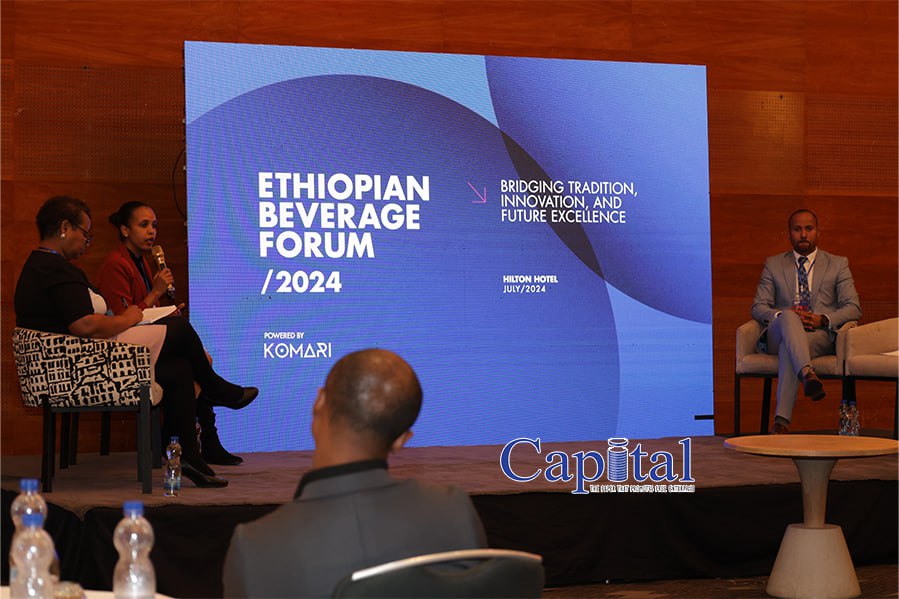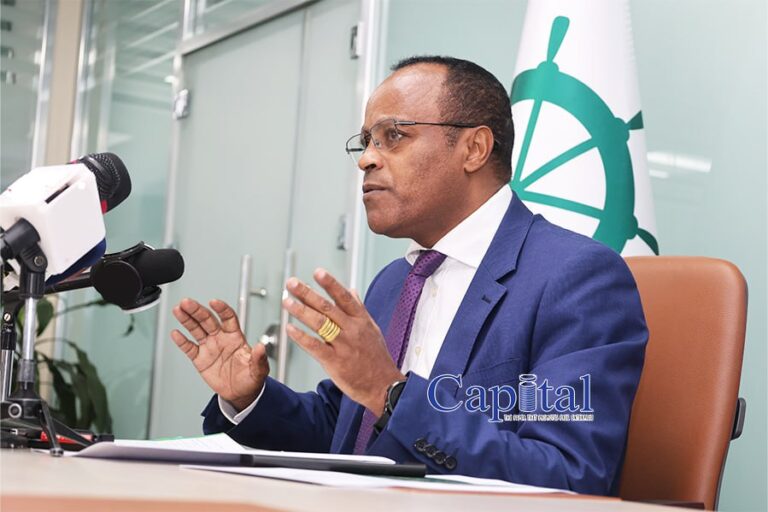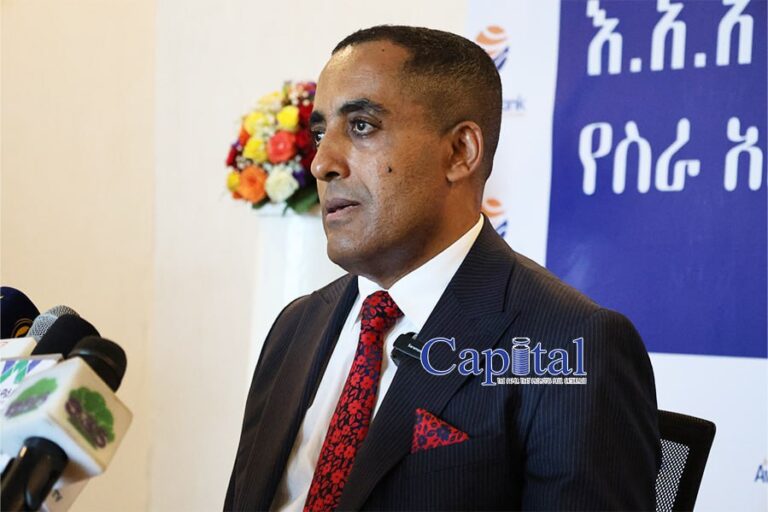Komari Beverage announced that its Arada Lime flavor has been honored with a prestigious accolade at the 63rd Edition of the Monde Selection Quality Awards. This esteemed recognition underscores the exceptional quality of Komari’s product, which has garnered acclaim from a panel of distinguished judges.
Established in 1961 by the International Institute for Quality Selection in Brussels, Belgium, the Monde Selection Quality Awards are renowned globally for their rigorous assessment of food, beverage, and cosmetic products. The awards serve as a mark of distinction, assuring consumers of the superior quality and excellence of awarded products.
Kiffle Yohannes, Co-founder and CEO of Komari Beverage, expressed his enthusiasm for the award, stating, “Our mission is to offer a diverse range of choices and flavors. We take immense pride in being more than just a beverage manufacturer; we are a platform where stories are shared and tastes are celebrated. This recognition reflects the passion of our team and the unwavering support of our loyal customers.”

The Monde Selection jury, composed of independent and esteemed specialists including wine experts, meticulously evaluates each product against stringent criteria. The panel’s expertise spans a wide array of spirits and liqueurs, from cognac and gin to vodka and whisky. Products that achieve high scores are awarded a prestigious quality label, affirming their excellence in the global market.
In receiving the Monde Selection Quality Award, Arada Lime joins a distinguished group of spirits and liqueurs recognized for their superior quality. Kifle Yohannes remarked on the significance of the award, saying, “We are thrilled and honored to receive this accolade for Arada Lime. This recognition not only validates our commitment to quality and innovation but also opens up new opportunities for us. We are excited to continue our journey of excellence and look forward to further achievements.”
Komari Beverage’s success at the Monde Selection Quality Awards highlights its dedication to producing high-quality products and sets a new benchmark in the beverage industry.






